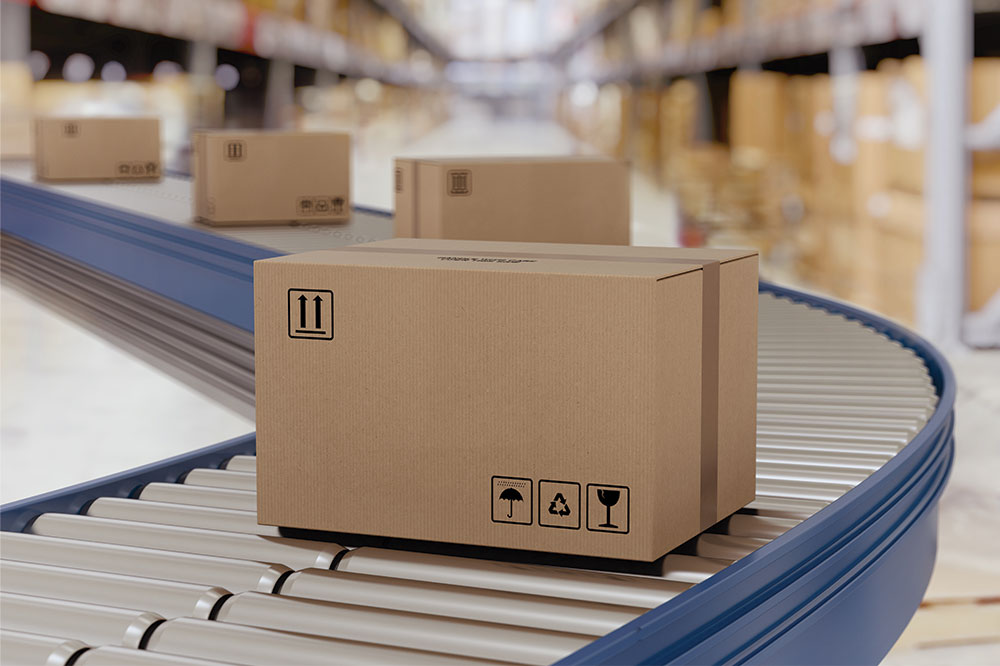Different types of material handling belt
A material handling belt is a type of belt conveyor system among the numerous conveyor systems available. Depending on the weight and speed required, different conveyor systems can be used for different tasks. A material handling belt, which is alternatively known as a conveyor belt, has multiple pulleys in addition to an endless loop that carries the material.
Following are some of the popular types of material handling belts.
Roller bed conveyor belts
The surface of this kind of conveyor belt has rollers that support the movement of the belt.

Hinged belts
This type of material handling belt is used in industries involved in handling scrap, mainly for recycling. The belts, in this case, are made of metal and have a hard surface. The rotating mechanism is provided by a pulley system, which makes use of the interlocking hinges. Based on the nature of the job, the belts can be used in a rough manner and are very sturdy.
Woven metal belts
When the flow of air is required while the material is being carried, woven metal belts are used. The industries in which this kind of belt is used mainly comprise food manufacturing, glass, and electronics. Interlinking chains or wiring are used for airflow, and the cooling, heating, or drying process is not interrupted.
This is the most common type of material handling belt that we see around us today. These are mostly used for internal conveyance, wherein goods have to be transported within a facility. There are several powered pulleys used for consistent motion on a flat belt. The belt can be made of synthetic fiber like nylon or polyester, or any natural material. The items are placed on the belt, and then they move automatically from one side to the other. Different kinds of items can be carried on this kind of belt without causing any damage to the items.




